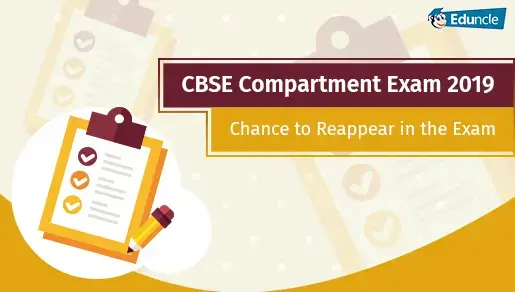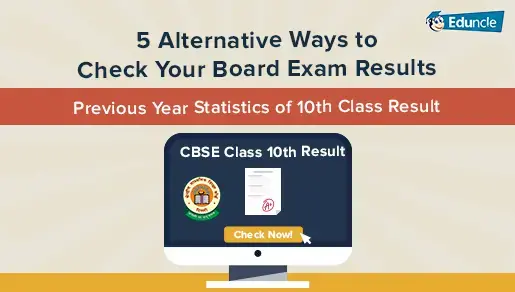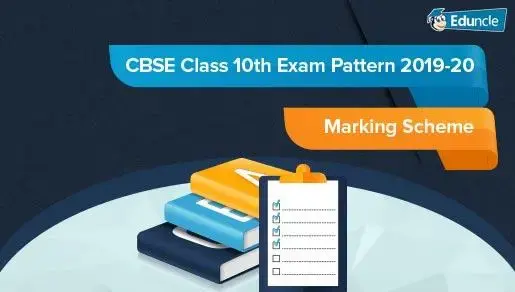
Among all the other central boards and regional boards of school education, the Central Board of Secondary Education CBSE stands out distinctly, as there are 21535 schools affiliated to the CBSE and a statistic suggests that about 200 new schools get affiliated from it every year.
There are certain CBSE rules and regulations, that every school must follow in order to retain CBSE Affiliation and is also applicable to the students belonging to the CBSE board.
All these different CBSE rules and regulations pertaining to the affiliation, curriculum, examination and finance are managed by 4 different committees.
Statutory Committees of CBSE Board
As a Board of Education, the Central Board of Secondary Education (CBSE) have certain statutory committees that function on their corresponding roles according to the CBSE rules, as prescribed in mandates and CBSE Guidelines. These committees and their roles are: -
1. Affiliation Committee
It grants affiliation to the Schools/institutions.
It lays down the standards required for the teacher’s qualifications.
It constitutes inspection panels.
It suggests as well as do the additions or alternatives in Affiliation Bye-laws (as per the CBSE rules and regulations).
2. Curriculum Committee
It prescribes the syllabus (currently it’s NCERT).
It revises and update Curriculum documents and maintains the course of instructions in CBSE affiliated schools for all classes. Especially, for class 10th and 12th, in accordance with the CBSE guidelines for class 10 and 12.
It revises and updates policies relating to academics, training and innovation.
It introduces new elective subjects in the CBSE affiliated schools and prepares textbooks and supplementary material as required.
3. Examination Committee
It develops, maintains and manages a system of examinations as well as board examinations: -
a. At the end of class X (as per the CBSE guideline for class 10), also termed as “AISSE- All India Secondary School Examination”.
b. Class XII (as per the CBSE guideline for class 12), also known as “AISSCE- All India Senior School Certificate Examination”.
In order to organise these examinations as per the prescribed CBSE rules and regulation, the following activities are exercised by this committee: -
It appoints paper setters and moderators.
It fixes maximum/ minimum passing criteria or marks.
It decides the duration of examinations.
It looks after special permission and exemption cases etc.
4. Finance Committee
It revises rates of fees, with respect to the pre-decided CBSE guidelines for schools.
Looks into and manages, payments for work pertaining to examination or affiliation.
Also Check:
List of CBSE Affiliated Schools
List of CBSE Guidelines, Rules and Regulations
There is a manual of CBSE Guidelines, Rules and Regulations, as described on the official website, but a few of them are concerned with the interests of the student.
These are described in the chapters as mentioned below: -
Chapter 7 –
Section I- General rules for Examination
Section I- Scale of fee etc.
Section III- Rates for Remuneration for Examination Work
Section IV:
Supplementary/ Compartmental Examinations
Private Candidates
Rules for improvement of Division
Check the official PDF.
Chapter 10 –
Rules for Award of Scholarships, Medals, and Prizes
Check the official PDF
Chapter 13 –
Section I- Rules regarding Admission and Migration of Students
Section II- Rules for correction in Date of Birth
Section III- Rules for change in Name/ Surname
Section Iv- Rules for making payment by the Board in cases where claimants expire
Section V- Rules for the appointment of amanuensis at the Board’s Examinations
Check the official PDF
For more details on these new CBSE guidelines for schools, we are providing the excerpts from the official website, where you can dig up all the necessary information
If you need an answer to any of your query then just inbox your question in the comment box below, one of us will answer your question very soon!!


















